Burger King toys go into meltdown to cut plastic waste

The Background
Plastic is not going anywhere.
And as well as floating around in the oceans it is an ever-present, non-biodegradable part of our news feed.
With global strikes, Greta and Green on the agenda, there is a seeming groundswell of public pressure this year for those with the power to act.
Pollution and recycling were a hot topic issue 20 years ago, but there has been a sense that green initiatives are having a moment and that there are opportunities for brands to provide leadership, where governments have left a void.
Step forward Burger King with the BK Meltdown.
The PR industry itself is not short of plastic. Often disposable and often accused of being short-termist. And some might say fuelled by 'saying' rather than 'doing'.
So let’s be clear.
Any brand committing to doing something now – rather than talking a good game and making future promises that kick the single use plastic bottle down the road – should be commended.
It is also worth noting that this is a sensitive issue. The guardians of green are wary of brands and individuals green-washing, to appear more environmentally friendly than they are.
And so even seemingly good intentions are shot down if they are not carried out without due diligence as to whether they actually deliver. See for reference McDonald’s paper straws which aren’t recyclable; or even Greta Thunberg, who after flying members of her yacht crew back home, was accused of that most heinous of things by the media: a PR stunt.
In short, the warning ahead of this activity is clear for BK: serve Whoppers by all means, but don’t tell whoppers and be transparent about the big picture impact.
The Big Idea
The BK Meltdown was a promise to end plastic toy giveaways with meals and to meltdown old toys, brought back into store by consumers, into useful items (play areas, trays, etc) which gives a nice circularity to the whole affair.
The initiative was inspired, or at least catalysed, by two sisters writing a letter to the company. Which gives a nice homespun angle for media storytelling too.
The announcement was supported with a cute call-to-action film and a photo moment with a giant melting toy, shot in obligatory fashion, by the Thames.
And all was neatly capped off by a promise in store of a free Junior Meal for those who are bringing in toys to recycle.
BK estimates it will save 320 tonnes of single use plastic, no mean feat and a useful figure for headlines and for those who might question the real-world impact.

The Review
The BK Meltdown did what was promised and seemed to send the media into a meltdown of its own.
The combination of a massive brand, halting a well-established practice AND doing some good all adds up to an XL story. Add to the fact that by ditching plastic toys – something that McDonald’s is more famous for than BK – it also gets to deftly to catch its sworn fast-food foe as flat footed as Ronald M.
McDonald’s, for its part, on the same day said it would also be offering the chance for consumers to not receive a toy with a Happy Meal. Which does seem like a more tepid, reactive move rather than a planned one. But who knows?
The BK Meltdown campaign itself is a great example of joined-up thinking and how to use a company policy to make an external position.
In the past we’ve seen Netflix change its own policies on hot topic issues such as paternity into big positive external news stories. And here, focusing on something it can control, BK gets to set a good example and show category leadership.
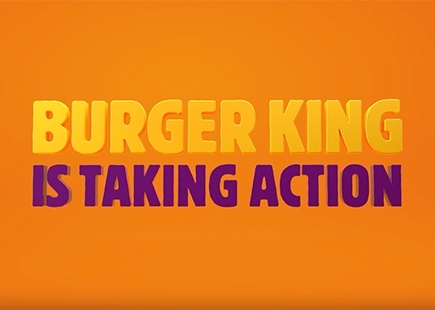
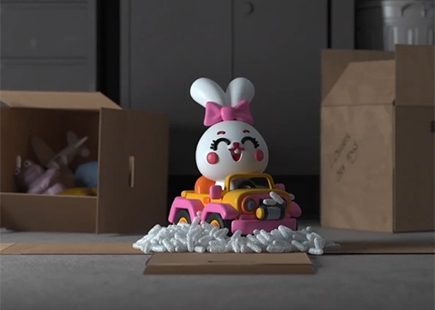
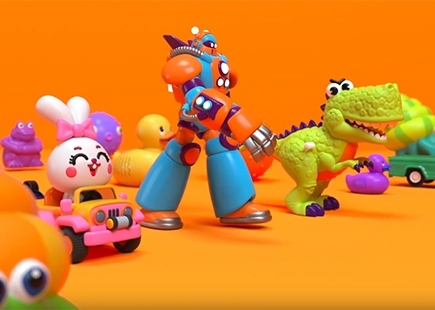
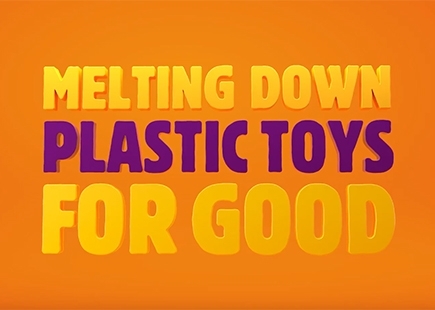
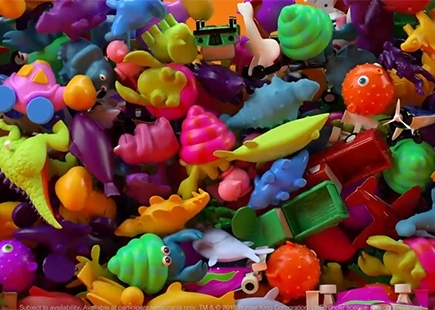
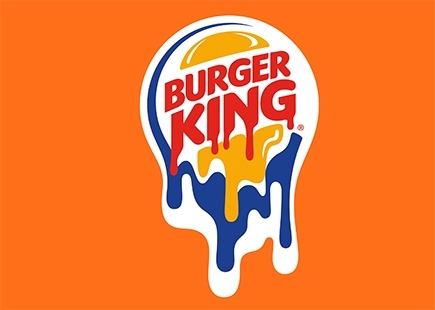
In Hindsight
I am a fan of the BK Meltdown for a number of reasons, the first is that it is elegantly simple.
It is also puts the ball very much in McDonald’s’ court (despite the incredible coincidence of McDonald’s offering to not give out plastic toys on the same day!)
The timing was good too – what with climate change marches on the agenda, and with the relative lull of a few quiet Brexit-news days.
But what I like the most – controversially, perhaps for this column, is that this doesn’t seem like it has the hallmarks of PR idea all over it.
It is more than that.
Often PR campaigns are themselves a little like plastic toys: bright, garish and disposable and seeking to distract us for a few moments. This one instead is simple and effective.
If it was conjured up by PR agency or team then bravo. Because it has clearly got buy-in across the business, with operational and possibly commercial impacts understood to be worth dealing with for the positive impact of the story.
This is PR as a business, not as a department, not as an afterthought.
It is also a great example of how a company can have its ear to the ground culturally, listen to customers and for what I am assuming is a smallish budget, create not just waves of headlines but real leadership on an issue, by committing to doing, not saying.
Is this a smart sustainability idea that has been transformed to drive good will and coverage. Or a PR idea that connects right the way back to the business? And does it matter? Not to those outside of the PR bubble who read about this and think: good on you.
With the BK Meltdown, Burger King reigns supreme.
If you enjoyed this article, you can subscribe for free to our weekly email alert and receive a regular curation of the best creative campaigns by creatives themselves.
Published on:



